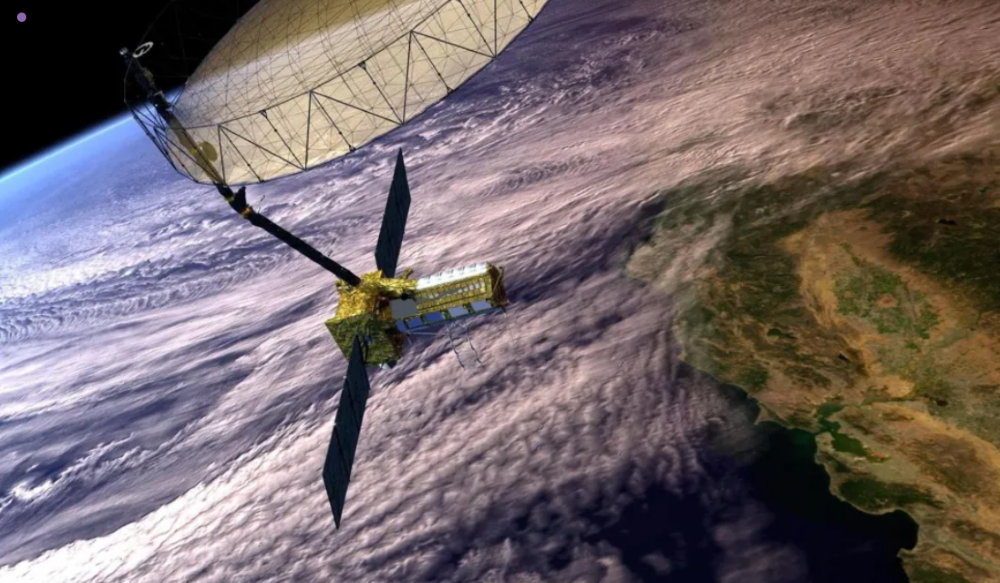First Person is a daily personal piece submitted by readers. Have a story to tell? See our guidelines at tgam.ca/essayguide.
Illustration by Christine Wei
When I signed up to become a death doula, I thought I was preparing to sit beside the dying. I didn’t expect it to change how I speak to the living.
A death doula is someone who walks with you – gently, without urgency – through the final chapter of life. This isn’t medical work. It’s not about curing or saving. It’s about presence. About helping you feel less alone as everything begins to shift. Whether you’re approaching death yourself or witnessing it in someone you love, a death doula offers calm, grounded support – both practical and emotional.
My training covered what you might expect: preparing for what comes next, setting boundaries that protect everyone involved, learning to truly listen without interrupting or fixing. We were taught to remain neutral – not by stepping back, but by resisting the urge to layer our beliefs over someone else’s. Especially when it comes to faith, meaning or how people make sense of what’s unfolding.
We talked about advance directives, vigils, Medical Assistance in Dying and grief. That foundation now shapes my practice as I support people through grief, planning and legacy work. My aim is to help people feel lighter – less burdened by fear, silence or the weight of the unknown.
Dad is gone but I still love hearing his voice on the answering machine
Even before I trained as a death doula, I had already been sitting with mortality in a deeply personal way.
Six years ago, I collapsed without warning. The diagnosis – an inoperable brain tumour caused by CNS lymphoma – came quickly, and with it, a stunned kind of stillness. My loved ones hovered, unsure what to say, how to move and how to be near something so serious without unravelling.
They didn’t know how to stand at the threshold of death without retreating, without filling the silence, without slipping into fear. They weren’t just afraid of what was happening. They were afraid of what it might mean.
That experience – surviving, watching, waking up inside the hospital world – changed something in me. The second time I faced the same diagnosis, I noticed everything: the absence of ritual, the sterile light, the quiet grief behind curtains. I saw how often life-altering news was delivered with minimal care, and no support for the aftermath.
That ache settled in my bones. I realized I didn’t just want to help, I needed to.
Before this work, I filled silences. I softened discomfort with words, with helpfulness, with distraction. But in death doula training, silence became something else. Not awkward. Not empty. Respected. We learned not to rush in with answers. We learned to stay with whatever was there. Still. Steady.
And that changed everything.
Because it isn’t just death that people fear. It’s being seen. It’s having their voice shake. Their masks slip. It’s the quiet moment when truth rises and they’re not sure who’s still watching.
When my son had cancer I had to learn that I could walk by his side but not in his shoes
Once you learn to sit beside death, you start to recognize that same trembling in everyday life – in breakups, in job losses, in estrangements, in the ache of not knowing what’s next. We all carry little endings. We all grieve something. And most of us just want someone to witness it with us.
What I learned in training, I’ve used on phone calls where someone didn’t know how to ask for help. In conversations where truth sat like a stone in the chest. In moments where silence healed more than words ever could.
I’ve used it in hard conversations, where the unsaid pressed at the edges. I’ve used it while holding space – for anger, for confusion, for the ache of change.
This doesn’t mean silently nodding while someone talks. It means softening your own discomfort so they can speak, pause, weep, rage or simply sit without needing to make it easier for you. It’s about offering your presence, not your solutions.
One of the most radical things I learned was this: my presence is often enough. I don’t need to say the perfect thing. I don’t need to carry anyone. I just need to be there. Truly be there. With their sorrow. Their silence. Their not-knowing – and mine.
In a culture that prizes fixing things, death doula work taught me the quiet power of witnessing. And that skill? It doesn’t belong only in hospice rooms. It belongs in every relationship that matters.
I thought I was learning how to support the dying. I was really learning how to show up for the living.
Alessandra Sagredo lives in Peachland, B.C.











